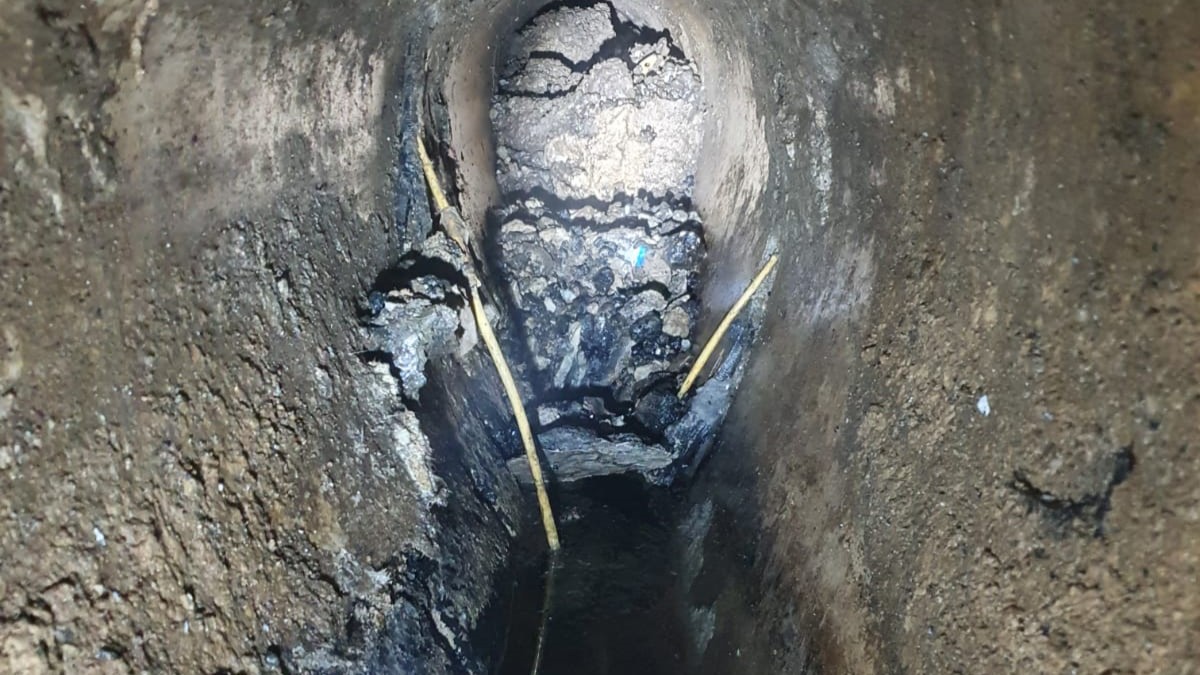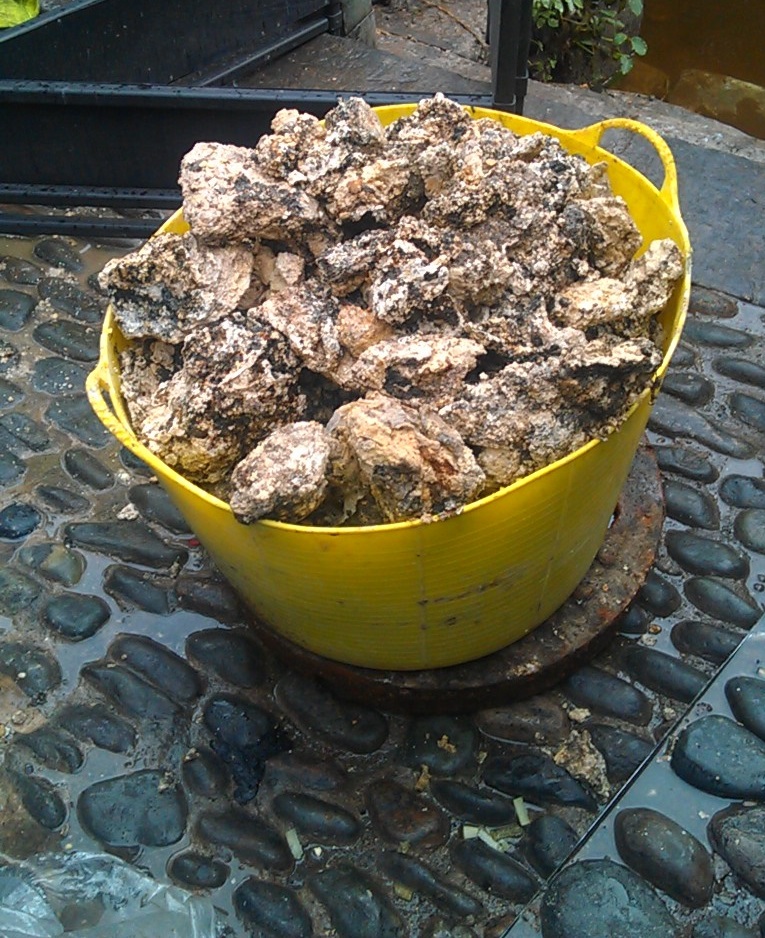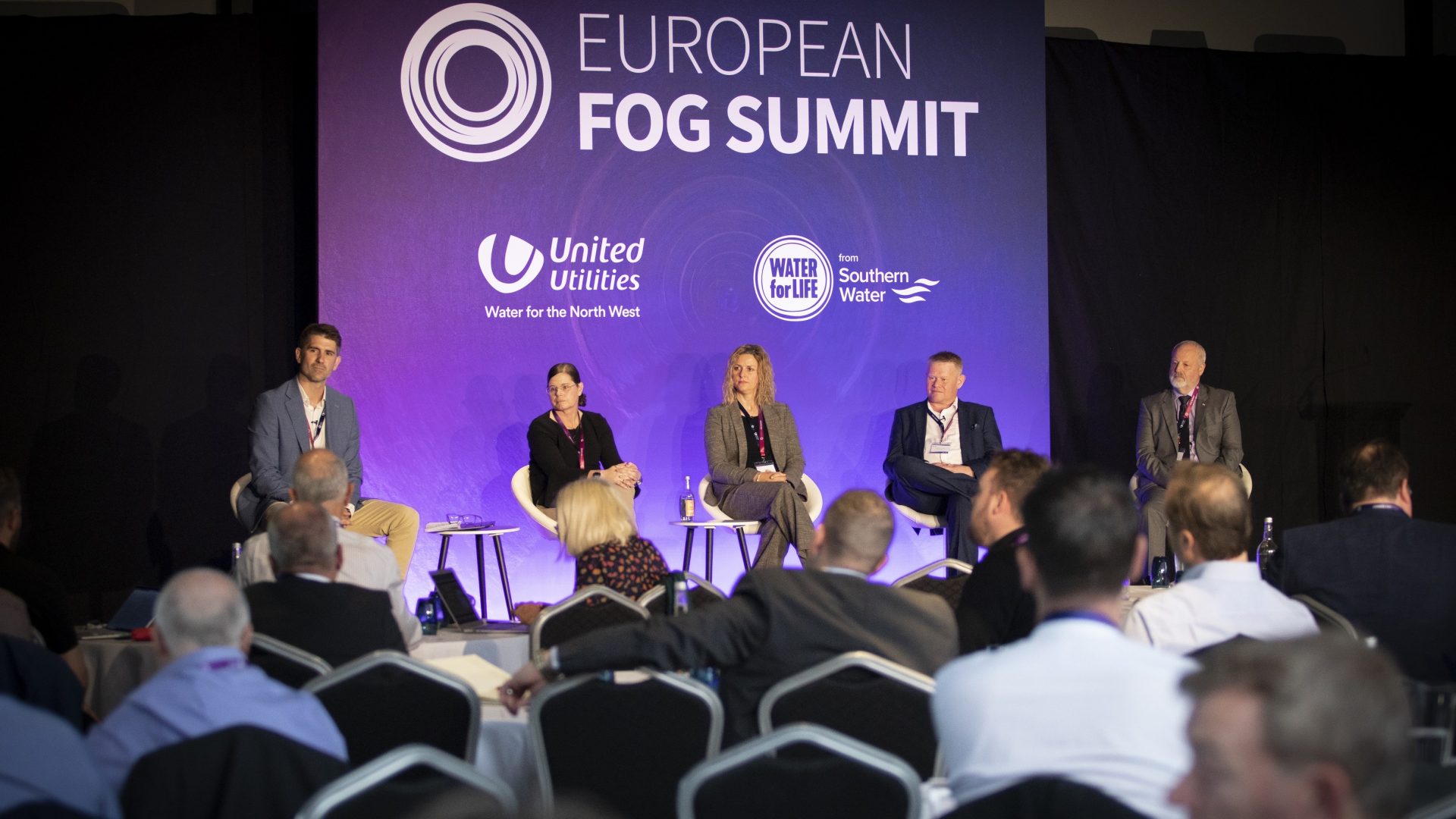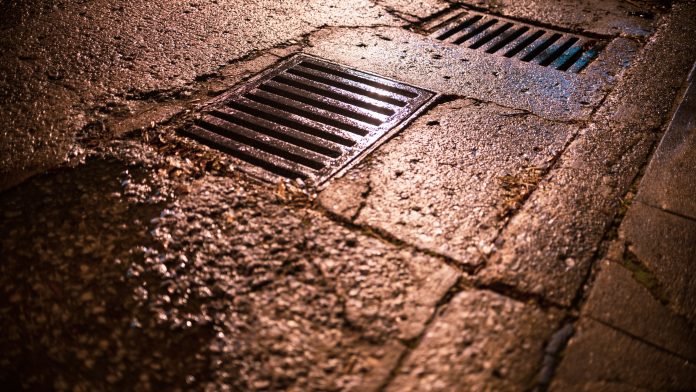Water industry experts and the hospitality sector has joined forces to explore how they can work together to protect the environment by keeping sewer networks in tip top condition.
Although hidden beneath the surface, the secret world of sewers has been in the spotlight at the annual European FOG (fats, oils and greases) Summit held in Liverpool – and this year the focus was on how food businesses can play a vital role in keeping sewer blockages off the menu.
Every year United Utilities deals with around 22,000 sewer blockages, more than 2,000 of which are in Liverpool. During the last five years, 15% of all FOG blockages dealt with by United Utilities have been in the Liverpool City Region.

Experts from the water industry and hospitality sector were joined by local authorities, water research groups and biodiesel producers to discuss ways of protecting the environment by keeping sewer networks clear of harmful obstructions created by fats, oils and greases.
Whenever dishes are washed it creates potential for grease to be washed down the drain. As well as creating one of the biggest menaces for drainpipes and sewers, this can also lead to hefty fines for food outlets that fail to manage and capture their waste FOG.
The conference also highlighted opportunities for food businesses to harness the potential of their waste fats as an income stream by working with fat collection and recycling providers who recycle it into bio-diesel for use in transport.

The summit was co-sponsored by United Utilities, Steve Wong explained:
“The aim of the summit was to bring the hospitality sector and water industry together to raise awareness of how we can work together to protect the environment by keeping drains and sewers clear of blockages. For food outlets that means having equipment in place to capture fats and greases instead of letting it go down the plug hole where it could build up a cause a harmful blockage.
“When sewers get clogged up with FOG and other items like wet wipes, it means wastewater can’t flow through the network and floods are caused. As well as being unpleasant and expensive to deal with, these can also pollute rivers and be harmful to wildlife.”
Steve added: “Food businesses have a responsibility to deal with their fatty waste correctly, but the good news is that rather than treating it as a waste product, it can be sold to companies who will recycle it into bio-diesel – a win for them, and a double win for the environment.”
The conference included a visit to North Wirral’s Wastewater Treatment Works to give attendees the opportunity to find out more about happens to water once it goes beyond the u-bend.
Visitors saw first-hand how the plant treats up to 300 million litres of wastewater daily using a range of treatment methods including injecting air into wastewater to encourage bacteria to literally ‘feed’ on it, and an ultraviolet disinfection system which kills bacteria that are harmful to the bathing waters.
Businesses who would like more information about how to dispose of their fats oils and greases can get in touch with United Utilities at: fogadvice@uuplc.co.uk.
More advice about what not to flush is available on United Utilities’ website here



